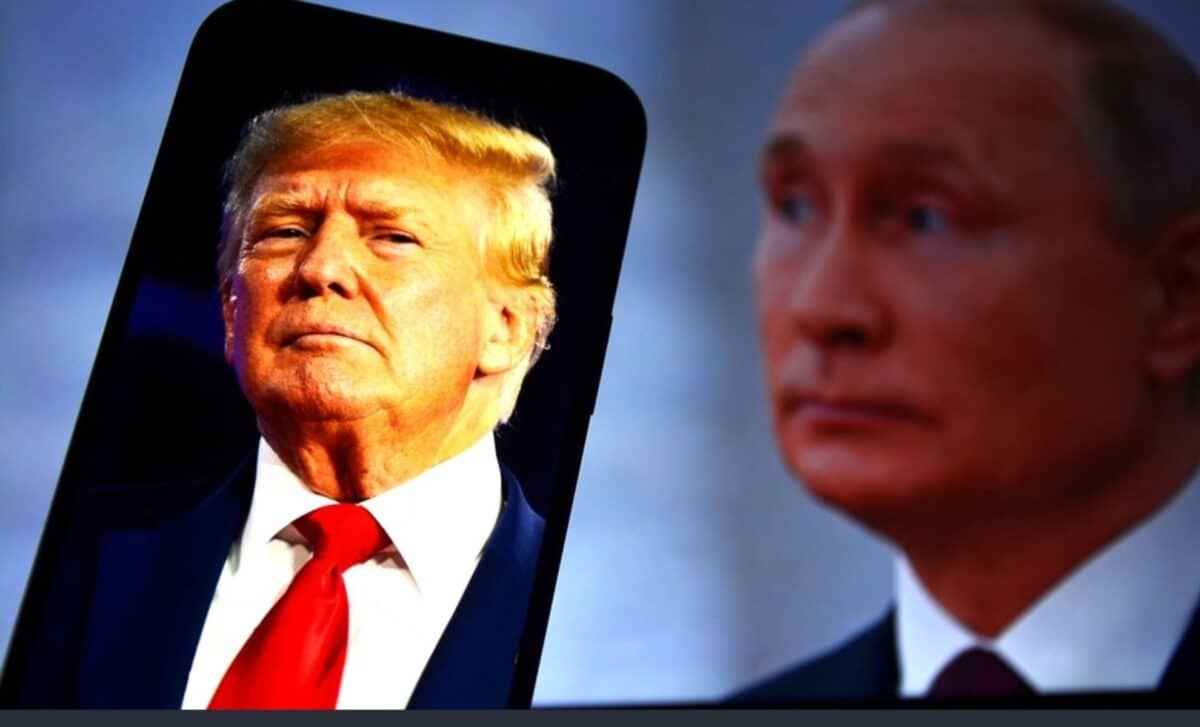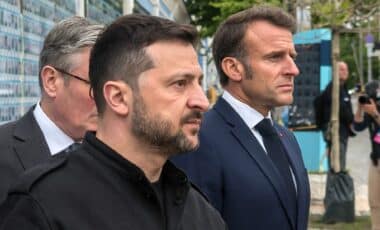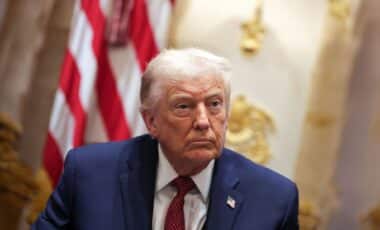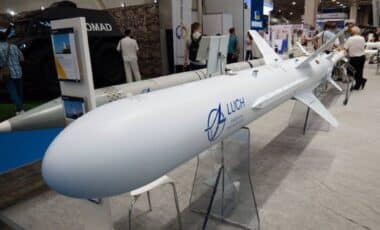In an unexpected and lighthearted moment during the Annual Forum 2025 in Moscow, Russian President Vladimir Putin abruptly left a panel discussion to take a phone call from U.S. President Donald Trump. Putin, with a hint of humor, remarked that it would be awkward to make Trump wait as he could “get offended,” causing laughter and applause from the audience. While the scene was unusual and informal, the conversation between the two leaders that followed was anything but.
This call, which lasted around an hour, was primarily focused on the ongoing war in Ukraine. Despite the friendly banter, the call yielded no breakthroughs or significant progress in resolving the conflict, reflecting the deep stalemate that continues to define the diplomatic exchanges between the two nations.
This U.S. Air Force Base Is Bigger Than Some Countries
A Casual Conversation Amidst Serious Tensions
The casual nature of the exchange between Putin and Trump belied the seriousness of the issues at hand. According to Kremlin aide Yuri Ushakov, the conversation primarily revolved around the situation in Ukraine, where Putin reaffirmed that Russia would not back down from its objectives.
These include demands for territorial control over regions such as Crimea and a veto on Ukraine’s NATO membership. Putin emphasized Russia’s commitment to continuing its pursuit of these goals, underscoring that the country would remain resolute in achieving a “political and negotiated” solution to the conflict.
However, despite the diplomatic engagement, Trump expressed his dissatisfaction with the lack of progress. He was candid in his comments, stating that no significant advancements had been made during the call. The fact that such an informal conversation failed to produce results on the ground speaks volumes about the deadlock in the conflict and the broader diplomatic efforts surrounding it, reports Financial Express.
The War Continues: No Change in the Situation
As the conversation wrapped up, events on the ground in Ukraine took a grim turn. Hours after the phone call, a Russian drone strike ignited a fire in a building in Kyiv, further illustrating the ongoing violence in the region. This attack, launched shortly after the conversation between Putin and Trump, serves as a stark reminder that despite diplomatic talks, Russia’s military actions continue to escalate the war.
Meanwhile, the U.S. has faced difficulties in maintaining a consistent flow of military aid to Ukraine, as shipments of critical weapons have been paused due to dwindling stockpiles. This has raised concerns in Kyiv about its ability to resist the Russian offensive, further complicating the diplomatic landscape. The timing of the drone strike, immediately following the Putin-Trump call, reinforces the notion that military operations are driving the direction of the conflict, regardless of diplomatic discussions.
Diplomatic Overtones: Middle East and Economic Talks
While the war in Ukraine dominated the call, the two leaders also discussed other global issues, including the ongoing tensions in the Middle East. Putin advocated for a peaceful resolution to the conflicts in the region, particularly between Iran and Israel, emphasizing the need for diplomacy over military action.
The conversation also touched on potential future economic projects, including collaborations in energy and space research, areas where the two countries have mutual interests. However, these discussions were overshadowed by the ongoing crisis in Ukraine.
The focus on military actions and geopolitical maneuvering has left little room for substantive progress on these more cooperative fronts, which highlights the challenge in improving U.S.-Russia relations.








